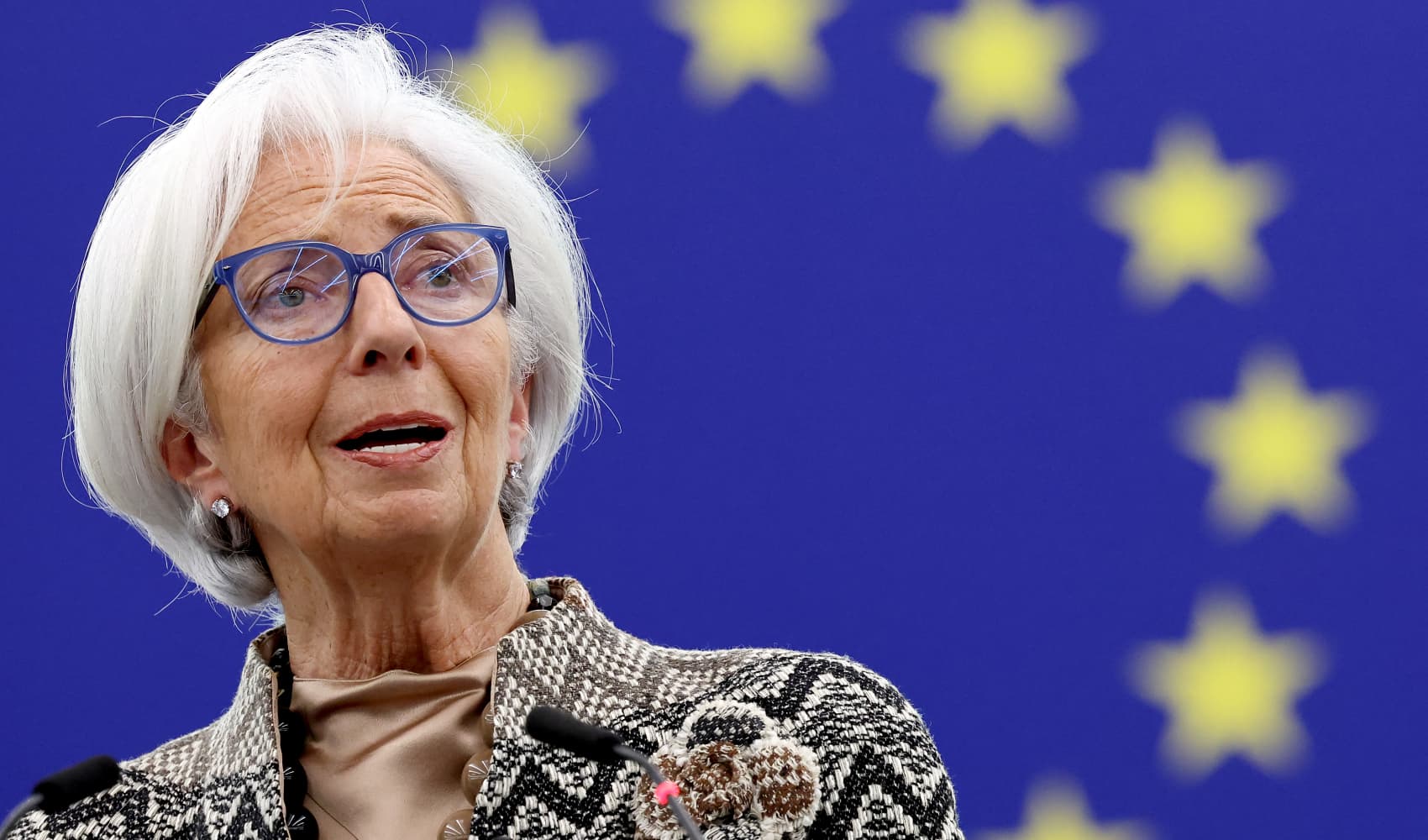
- Morgan Stanley's latest venture capital report found 75% believe that investing in female and multicultural entrepreneurs can still maximize returns.
- Carla Harris, head of multicultural client strategy at Morgan Stanley, told CNBC that such numbers are significantly higher.
- "It took us a few decades to realize ... you can do quite well and do good," she said.
Venture capitalists may be moving toward a more diverse and equitable funding ecosystem — at least incrementally.
Morgan Stanley's second annual VC Report found that of over 70 venture capital firms surveyed, 75% strongly agree that "it is possible to have an investment strategy that intentionally invests in women and multicultural entrepreneurs, while still maximizing returns." That figure was up from 55% in 2019.
Carla Harris, Morgan Stanley vice chair of global wealth management, told CNBC on Thursday that such numbers are significantly higher than a few decades ago.
"Can you really do well and do good at the same time? It took us a few decades to realize ... you can do quite well and do good," she said on "Squawk Box." Harris, who is also her firm's head of multicultural client strategy, added that the survey also shows a bright spot in funding that has a long history of uneven support for female and multicultural founders.
Morgan Stanley is not alone in recognizing the funding gap. In the third quarter of 2020, Pitchbook found that venture capital funding for all female founders is on pace for its worst year since 2017, even though overall VC investments in 2020 match previous years.
Money Report
As 2020's civil unrest heightened awareness of the Black Lives Matter movement, C-suites across all industries have come under pressure to diversify their boardrooms, portfolios and talent pipelines, and to disclose the progress made.
Thus far, the venture capital industry has largely been spared the same scrutiny. However, Harris suspects that the transparency trend will catch up with VCs soon. She suggests that one way for VCs to diversify their portfolios is to include female and multicultural founders in their "expansion risk" calculus — the 10% to 20% commitment investors typically devote to ventures outside their core competency.
At the 10th annual CNBC/Institutional Investor Delivering Alpha conference in September, Harris compared investment in diverse founders to an investment in software-as-a-service 30 years ago, or driverless cars or cloud computing 20 years ago. "Why can't you look at that opportunity through the lens of expansion risk?" she asked.
By expanding their networks beyond the predominantly White confines of the venture capital elite and its feeder schools, VCs can reach those goals more easily, according to the Morgan Stanley report.
Harris said she's heartened by the 49% of venture capital firms in the report that say they're aware of the performance of female and multicultural founded portfolio companies. "They have found that they actually have returned better performance or at a minimum are on par with the rest of the portfolio."
Last year, Morgan Stanley recommended VCs release diversity metrics and diversify their own talent pipelines. In this year's progress report, 39% and 55% of firms surveyed have done so, respectively.






